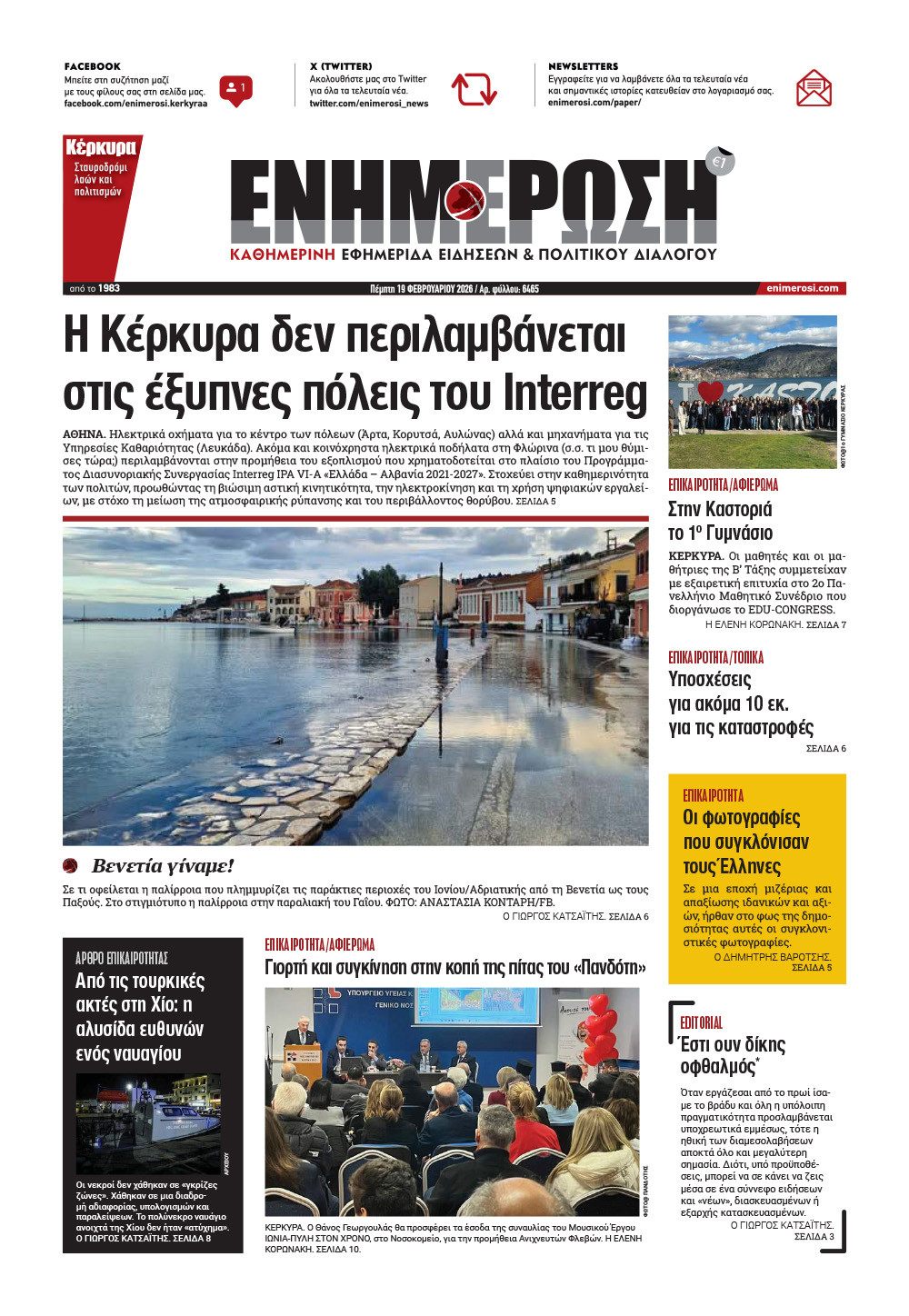Medical Association public guidelines: Serious public health risks

CORFU. The smell of decomposition has now become unbearable over a wide area, and serious risks to public health are emerging.
Corfu Medical Association has issued an announcement with guidelines for the public regarding the risk arising from animal remains and decomposing materials remaining at the site of the Goggakis company
The announcement states the following:
“Three weeks after the fire that destroyed a large frozen-goods warehouse in Corfu, animal remains and decomposing materials remain exposed at the site of the disaster. As a result, the smell of decomposition has become unbearable over a wide area, and serious risks to public health are emerging.
Public Health Risks
1. Microbiological contamination – Pathogenic microorganisms
-
The decomposition of animal tissues releases bacteria such as Salmonella spp., E. coli, Clostridium spp., Listeria, as well as spores of Bacillus anthracis (anthrax) in exceptional cases.
-
These can contaminate soil, groundwater, and the atmosphere via insects or dust.
2. Putrefaction gases and toxic substances
-
Gases such as ammonia (NH₃), hydrogen sulfide (H₂S), methane (CH₄), and carbon dioxide (CO₂) are produced.
-
At high concentrations, these gases are toxic and asphyxiating, causing respiratory irritation, nausea, headaches, or even loss of consciousness.
3. Entomological and zoonotic risks
-
Decomposition attracts flies, rodents, and stray animals that can transmit infections (leptospirosis, salmonellosis, tularemia, rabies).
4. Soil and water pollution
-
Effluents from decomposing material (putrefaction fluids) can contaminate groundwater or nearby streams, creating long-term risks to water and crop safety.
Protective Measures at the Site of the Disaster
-
Immediate removal of animal remains by a licensed animal by-products management company, under the supervision of veterinary and environmental authorities.
-
Disinfection and decontamination of the site using approved biocides and absorbent materials.
-
Restriction of access – prohibition of entry to unauthorised persons.
-
Protective equipment for workers: masks with activated carbon filters, protective suits, gloves, boots, goggles.
-
Ventilation and spraying of the area with deodorising and antimicrobial solutions to reduce odour and microbial load.
-
Pest control, rodent control, and removal of stray animals from the area.
Protective Measures for Nearby Residents
-
Avoid prolonged presence near the warehouse area, especially for children, the elderly, and people with respiratory conditions.
-
Keep windows and doors closed; use air filters or air conditioners with HEPA filters.
-
Avoid consuming water from wells or boreholes near the site until authorities confirm its safety.
-
Clean outdoor surfaces (balconies, windows, yards) with soapy water or bleach, not just plain water, to remove microbes.
-
Notify authorities in case of worsening odour, appearance of dead animals, or severe discomfort.
Protecting public health is an utmost priority.
Inaction and delays in managing such incidents pose serious risks to the environment, residents, and the overall image of our island.
The Corfu Medical Association is closely monitoring the situation and declares that it will immediately notify the competent state authorities if there is no prompt response."
ELENI KORONAKI












